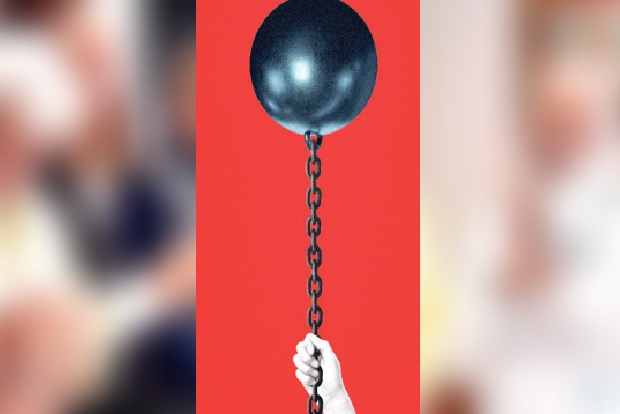Begin typing your search...
Making US’ crushing debt disappear
Formerly enslaved people called the phase that followed the Civil War, and their emancipation, Jubilee.

Chennai
In doing so, they at once communicated the joy of freedom and knowingly invoked the authority of the Bible: jubilee as an Old Testament law commanding the end of slavery, redistribution of land and forgiveness of debts. The prophetic term was another name for the period more commonly known as Reconstruction. That attempt to usher in a more substantive democracy — racially egalitarian and responsive to its poorest citizens — was swiftly abandoned by the federal government and violently suppressed by Southern reactionaries. Reconstruction’s sabotage still reverberates: in the dysfunction of our political system, in the endurance of white supremacy, in our ever-widening inequality.
While the White House likes to trumpet good news about the economy’s recovery from Covid-19, it’s important to understand how unequal the recovery has been. From March 2020 to March 2021, America’s billionaires increased their combined fortunes by over $1.3 trillion, according to an analysis by Americans for Tax Fairness and the Institute for Policy Studies, while millions of families, particularly in working-class communities of color, either scraped by or fell further into arrears. Millions more people fell into medical debt during the pandemic, which experts warn may soon lead to a spike in personal bankruptcies.
Instead of hawking a “recovery” that disproportionately benefits the wealthy, President Biden and his colleagues should help finish the work of Reconstruction. The time has come to revive the Jubilee — which in the modern era would mean the erasure of debts and a democratic rebalancing of power between regular people and elites.
Since before this nation’s founding, indebtedness has been useful to the powerful as both a source of profit and a tool of social control and racial domination. Thomas Jefferson’s view is particularly revealing: While he fulminated against debt as an unjust encumbrance on posterity and argued for the termination of debts unpaid after “natural limits” (which he took to be the span of a generation), he recommended wielding debt as a tool to dispossess Indigenous people, “because we observe that when these debts get beyond what the individuals can pay, they become willing to lop them off by a cession of lands.”
Today, financial predators, aided by allies in Washington from both parties, target borrowers who come from marginalised backgrounds, lack intergenerational wealth and face wage discrimination on the job, ensuring lifetimes of repayment while compounding social inequities and racial disparities.
The rich, meanwhile, can use credit to their advantage: Individuals walk away from their obligations (Donald Trump, the self-professed “king of debt,” epitomises this warped paradigm), and companies engage in strategic defaults.
The same ethos informed the first Covid relief package. Congress stabilised the corporate debt market and offered companies forgiveable loans, but failed to extend equivalent generosity to regular borrowers, who instead received inadequate payment pauses and cash assistance. Even this support was a circuitous bailout for creditors, given that people spent much of what they received to pay down debts.
Whereas the American dream used to be owning a home with a white picket fence, now it is getting out of debt. For many, the humble aspiration of owing zero dollars seems out of reach. Over his long career, Biden has contributed to this crisis by working to strengthen the hands of creditors, including through a 2005 bankruptcy reform bill that rolled back protections for borrowers.
The time has come to make amends. If the Biden administration is serious about “build back better,” it needs to take bold action. This country cannot afford to allow millions of struggling households to sink when mountains of old bills and back rent suddenly come due once payment pauses and eviction moratoriums end. The government can and must find ways to make crushing debt disappear.
Taylor is a writer, filmmaker and activist. NYT©2021
The New York Times
Visit news.dtnext.in to explore our interactive epaper!
Download the DT Next app for more exciting features!
Click here for iOS
Click here for Android
Next Story



